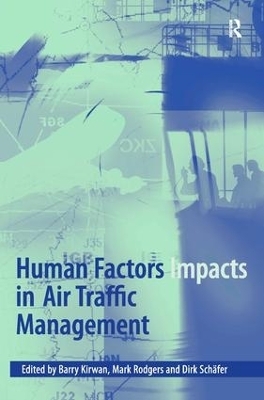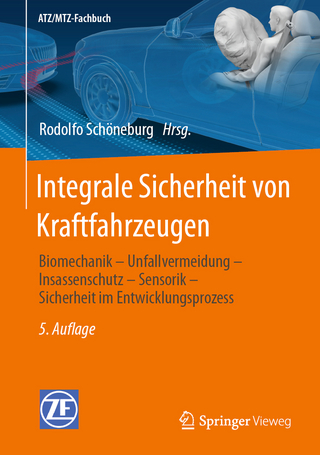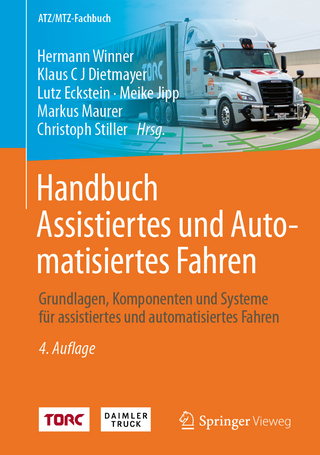
Human Factors Impacts in Air Traffic Management
Routledge (Verlag)
978-0-7546-3502-4 (ISBN)
In research and application of Human Factors in Air Traffic Management (ATM) systems design, development and operation, there remains a lack of clarity regarding the range and integration of activities associated with the need for greater attention to issues such as human error, interface design and teamwork, especially in systems with increased levels of automation. This book seeks to redress this situation by presenting case studies of human factors applications in which there is demonstrable success in terms of improvement in operational systems. Individual examples are used to outline how each human factors study evolved, what it entailed, how it was resourced and how the results contributed to operational performance. Case studies include training methods, human error, team resource management, situation assessment, terminal automation replacement systems, collaborative decision-making to improve the effectiveness of traffic-flow management and the role of human factors in ATM.
Dr Barry Kirwan is currently working in the field of System Safety and Human Error for Eurocontrol in Bretigny, France. Formerly Head of Human Factors in NATS, UK, he has led a large programme of work from 1996-2000 which had a significant impact in the ATM industry. Mark Rodgers is the FAA Chief Scientific and Technical Advisor for Human Factors. Dr Rodgers received his Ph.D. in Experimental Psychology from the University of Louisville in 1991. Dr Schäfer is Human Factors Expert at the Eurocontrol Experimental Centre in Bretigny where he is responsible for human factors experiments and projects.
Contents: Introduction: Introduction. Human Factors In Operations: Development and implementation of a position hand-over checklist and best practice process for air traffic controllers, Laura Voller, Lucy Glasgow, Nicky Heath, Richard Kennedy and Richard Mason; Runway safety, Kim M. Cardosi; Human error in European air traffic management: from theory to practice, Anne Isaac, Paul Engelen and Martin Polman; FAA strategies for reducing operational error causal factors, Julia Pounds and Anthony S. Ferrante; Reducing separation in the open flight information region: insights into a human factors safety case, Barry Kirwan, Steven Shorrock, Richard Scaife and Paul Fearnside; Distributed work in the national airspace system: providing feedback loops using the post-operations evaluation tool (POET), Philip J. Smith, Mark Klopfenstein, Joe Jezerinac and Amy Spencer. Human Factors and Human Resources: Human factors longitudinal study to support the improvement of air traffic controller training, Laura Voller and Abigail Fowler; A singular success: air traffic control specialist selection 1981-1992, Dana Broach; Implementation of critical incident stress management at German air navigation services, Jörg Leonhardt; Team resource management in European air traffic control: results of a seven-year development and implementation program, Michiel Woldring, Dominique Van Damme, Ian Patterson and PatrÃcia Henriques; Shiftwork and air traffic control: transitioning research results to the workforce, Pamela S. Della Rocco and Thomas E. Nesthus. Human Factors Methodologies: Measuring air traffic controller performance in the 21st century, Carol Manning and Earl Stein; Computational human performance models and air traffic management, Kevin Corker; Performance prediction in air traffic management: applying human error analysis approaches to new concepts, Steven Shorrock, Barry Kirwan and Ed Smith. Human Factors Integration Programs: The management of human factors programs in ATM a
| Erscheint lt. Verlag | 28.10.2005 |
|---|---|
| Verlagsort | London |
| Sprache | englisch |
| Maße | 156 x 234 mm |
| Gewicht | 1247 g |
| Themenwelt | Technik ► Fahrzeugbau / Schiffbau |
| Technik ► Luft- / Raumfahrttechnik | |
| ISBN-10 | 0-7546-3502-3 / 0754635023 |
| ISBN-13 | 978-0-7546-3502-4 / 9780754635024 |
| Zustand | Neuware |
| Haben Sie eine Frage zum Produkt? |
aus dem Bereich


